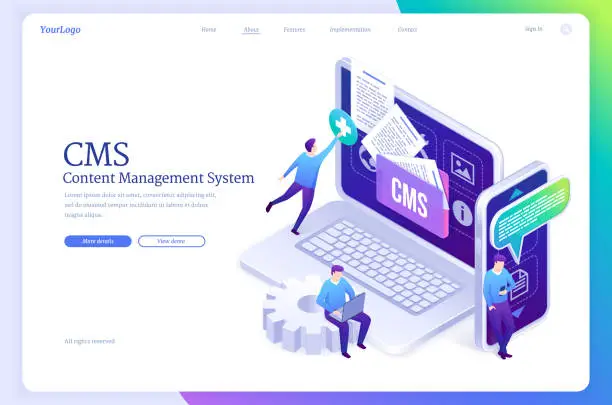10 Essential Features for a Small Business Website
Are you a small business owner looking to create a website that drives sales, engages customers, and grows your brand? With so many website design and development options available, it can be overwhelming to determine what features your small business website needs to succeed. In this article, we’ll explore the top 10 essential features that every small business website should have to attract and retain customers, improve search engine rankings, and ultimately drive business growth.

1. Responsive Design: A Must-Have for Small Business Websites
A responsive design ensures that your website looks and functions great on all devices, including desktops, laptops, tablets, and smartphones. This feature is crucial, as it provides an optimal user experience, regardless of how customers access your site. With a responsive design, you can ensure that your website is mobile-friendly, which is essential for small businesses, as most customers use their smartphones to search for products or services online.
2. Clear Navigation and Information Architecture: Easy to Find What You Need
Clear navigation and information architecture are vital for a small business website. They help customers quickly find what they’re looking for, making it more likely that they will convert into leads or sales. A well-organized website with clear navigation and information architecture also improves the overall user experience, making customers more likely to return.
3. Search Engine Optimization (SEO): Boost Your Online Visibility
SEO is critical for small business websites, as it helps them rank higher in search engine results pages (SERPs). By incorporating relevant keywords, meta tags, and header tags, you can improve your website’s visibility, drive more organic traffic, and increase your online presence.
4. Content Management System (CMS): Easy Content Creation and Management

A CMS is a must-have feature for small business websites, as it allows you to easily create, edit, and manage content without requiring technical expertise. With a CMS, you can keep your website fresh and up-to-date, which is essential for engaging customers and improving your search engine rankings.
5. E-commerce Functionality: Sell Products and Services Online
If you’re selling products or services online, e-commerce functionality is essential. It allows customers to purchase from your website, making it a crucial feature for small businesses. Look for a website builder or CMS that offers e-commerce integrations, such as online payment gateways, shopping carts, and order management systems.
6. Contact Information and Forms: Make it Easy for Customers to Get in Touch
Contact information and forms are vital for small business websites, as they allow customers to get in touch with you easily. Make sure to include your business address, phone number, email address, and a contact form that customers can fill out to inquire about your products or services.
7. Social Media Integration: Engage with Customers on Multiple Platforms
Social media integration is essential for small business websites, as it allows customers to share your content, follow your brand, and engage with your business on various social media platforms. By incorporating social media buttons and feeds into your website, you can increase your online presence, drive more traffic, and improve your search engine rankings.
8. Blog or News Section: Keep Your Website Fresh and Up-to-Date
A blog or news section is a great way to keep your website fresh and up-to-date, while also providing valuable information to your customers. By regularly posting blog articles or news updates, you can attract more traffic, improve your search engine rankings, and establish your brand as an authority in your industry.
9. Secure Sockets Layer (SSL) Certificate: Ensure a Secure Connection
An SSL certificate is essential for small business websites, as it provides a secure connection between your website and your customers’ browsers. This feature is critical for e-commerce websites, as it ensures that sensitive information, such as credit card numbers and passwords, is protected from cyber threats.
10. Analytics and Reporting Tools: Track Your Website's Performance
Analytics and reporting tools are vital for small business websites, as they provide valuable insights into your website’s performance, customer behavior, and marketing efforts. By using analytics tools, such as Google Analytics, you can track your website’s traffic, engagement, and conversion rates, making it easier to optimize your website and marketing strategies for better results.
Conclusion
In conclusion, having a small business website is crucial in today’s digital age. By incorporating the 10 essential features discussed in this article, you can create a website that attracts and retains customers, drives sales, and ultimately grows your business. Remember, a website is a continuous process, and it requires regular updates and improvements to stay competitive. By following these tips and staying up-to-date with the latest web design and development trends, you can ensure that your small business website stands out from the competition and achieves your business goals.
We also have a team of experts that can help you achieve these goals here at Suffixweb digital services
